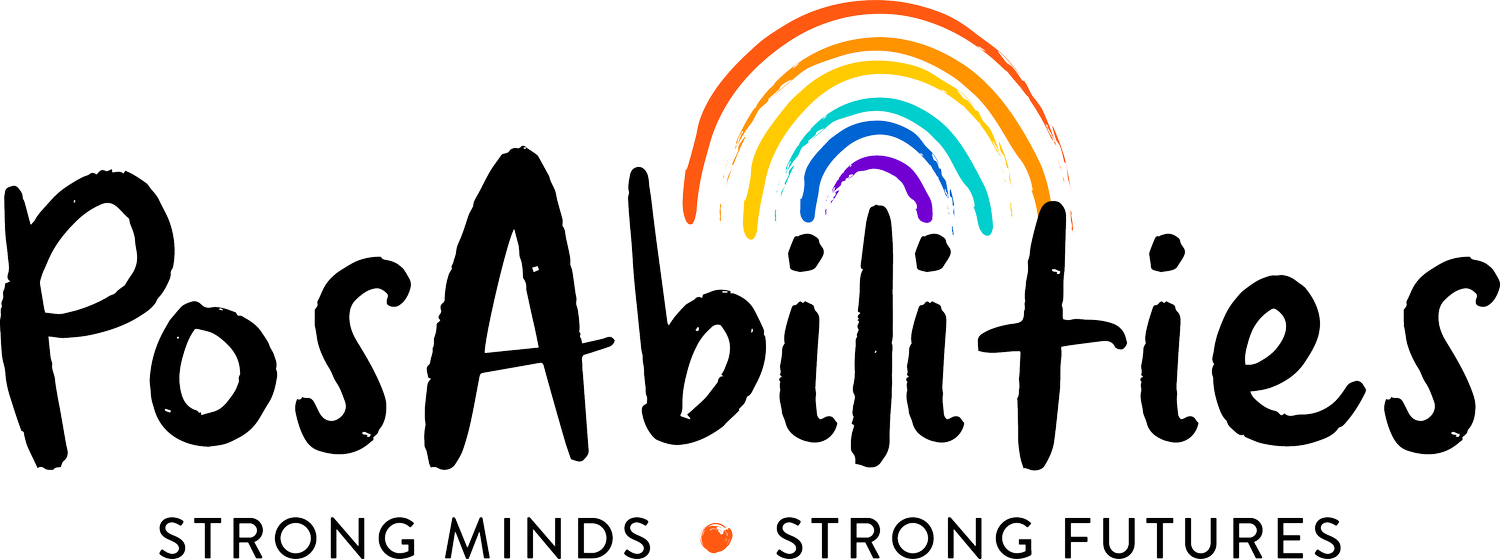Autism. Autism Spectrum Disorder (ASD). Aspergers. Neurodiverse. What IS Autism?
It is wonderful that autism is talked about, acknowledged and no longer hidden away as unknown or feared. We have come a long way, but we still have a ways to go in our understanding and awareness of autism. Let’s start with the definition.
There are so many definitions and as many labels but awareness is key. Here are a few definitions:
Autism is a neurodevelopmental condition that affects how a person's brain develops and functions. Autism Spectrum Australia Aspect
Autism spectrum disorder (ASD) is a complex developmental condition involving persistent challenges with social communication, restricted interests and repetitive behaviour. American Psychiatric Association
Autism is not an illness. Being autistic does not mean you have an illness or disease. It means your brain works in a different way from other people. National Health Service UK
Autism – also referred to as autism spectrum disorder ̶ constitutes a diverse group of conditions related to development of the brain. World Health Organisation
Autism is a lifelong developmental disability which affects how people communicate and interact with the world. National Autistic Society
A neurodevelopmental condition of variable severity with lifelong effects that can be recognized from early childhood, chiefly characterized by difficulties with social interaction and communication and by restricted or repetitive patterns of thought and behaviour. Oxford Dictionary
Autism is a brain difference that is basic and fundamental to who we are. This means that Autism is an important part of who we are and the way we are in the world. Reframing Autism
What we can all agree on, is that autism is NOT a disease. It does not have a medical model where you take a tablet to be ‘fixed’. Autistic people are not ill, cannot be diagnosed with a blood test and is not “cured”.
We can agree that it is a neuro-developmental difference that shows up in communication, social and interaction skills. Autistic people do not grow out of autism but they do develop ways of managing their autism so that they may operate better in the neurotypical environment. (So much more on this in a future Blog!)
What we don’t always agree on is the labelling or the language used around autism. For instance, the term ‘disorder’ (as in Autism Spectrum Disorder) is seen by many as offensive as it implies that autism is a deficit or a negative. Using the terms ‘high or low functioning autistic’ is also seen as not useful in describing an autistic person. Also, the term Asperger’s or Aspie, is also seen by many as offensive due to it’s history and it’s use in the past.
Neurodiverse is currently a popular term or label. It is a great way of describing and celebrating all those with neurodiversity. The term was popularised in the late 1990’s by journalist Harvey Blume and sociologist Judy Singer and refers to the fact that human brains and minds are diverse. However, neurodiverse is more than autism, it covers other neurological conditions such as ADHD, dysgraphia, dyslexia, dyscalculia, dyspraxia, and dysphasia. Some with autism like to be identified as autistic rather than lumped in the neurodiverse basket.
It's all about understanding, awareness and allowing others to self-identify.
For me, I have learned so much from working with autistic people. Way more than I have taught them. I celebrate their autism as often as I can. Their strengths and superpowers are incredible and we currently have a society who are only just waking up to this resource that is underutilised. To me they are autistic first, neurodiverse second. But they are definitely NOT less, deficit or disordered!
No matter the label, autism is seen as a neurological difference, which allows great strengths and some challenges. The importance to remember is that autism is ‘Different, not less” to quote Chloe Hayden in her book of the same name. If you don’t have it on your bookshelf, you need to get it! https://www.chloehayden.com.au/shop/p/different-not-less-book?srsltid=AfmBOopmUK9VGVxoePOcP466-O3F_2sjbzX7uVEjyg0iF_oTX-EH5yBK
At the end of the day, we all have our differences, strengths and challenges. Mine is numbers! Our society needs us all and I could not be more proud of our young autistic people at PosAbilities. They are absolute superstars and to me they are not ‘autistic’ they are Billy, Cohen, BreeAnna, Sebastian, Taj, Brayden, Kennedy etc. Individual incredible humans that contribute enormously to our community.
